Margin calls allow businesses to create, cut positions
Before All Is Lost with Robert Redford and A Most Violent Year with Jessica Chastain, the high finance film Margin Call with Simon Baker acquaints audiences of 2011 onward with the first in director/producer/writer JC Chandor’s triple drama movie crown. It begins with human resources staffers Heather Burke (Ashley Williams) and Lauren Bratberg (Susan Blackwell) carrying out in one building what their firm is having done on all their business premises worldwide:
• firing 80% of employees per floor; and
• retaining 4 of every 7 workers per floor.
Nineteen-year tenured, risk management head Eric Dale (Stanley Tucci) counts among “Looking Ahead” casualties facing:
• building, e-mail, mobile, server exclusion;
• health/options continuance; and
• 6-month severance at half-salary.
*****
Website: http://margincallmovie.com/
*****



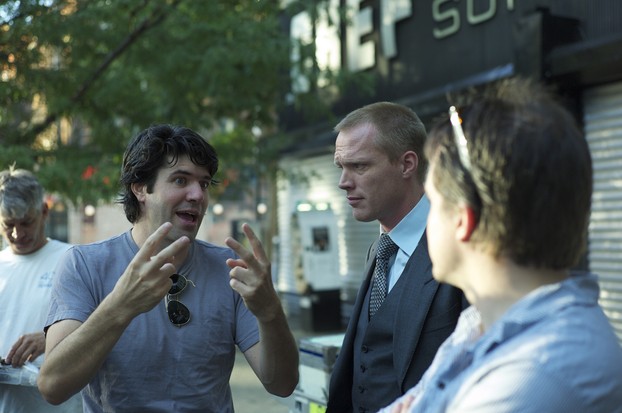
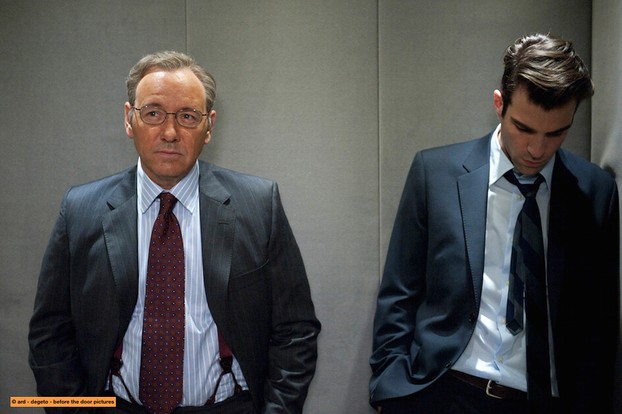




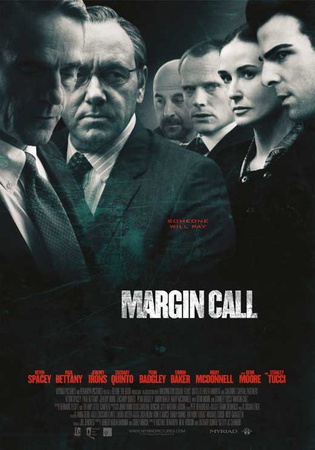

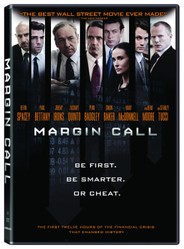

 Are Hawaiian Huakai Po Nightmarchers Avenging Halloween Thursday?on 10/02/2024
Are Hawaiian Huakai Po Nightmarchers Avenging Halloween Thursday?on 10/02/2024
 Mailing Addresses for 2023 Form 4868 Extending 1040 and 1040SR April 15, 2024, Due Dateon 04/15/2024
Mailing Addresses for 2023 Form 4868 Extending 1040 and 1040SR April 15, 2024, Due Dateon 04/15/2024
 Mailing Addresses for 2023 Forms 1040 and 1040SR Filed in 2024on 04/15/2024
Mailing Addresses for 2023 Forms 1040 and 1040SR Filed in 2024on 04/15/2024
 Mailing Addresses for 2022 Form 4868 Extending 1040 and 1040SR April 18, 2023, Due Dateon 04/13/2023
Mailing Addresses for 2022 Form 4868 Extending 1040 and 1040SR April 18, 2023, Due Dateon 04/13/2023

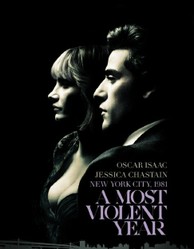

Comments
I've been thinking about your excellent question, "Does it have a tragic ending?", so I decided to watch Margin Call again. I actually had not applied the word "tragic" to the ending when I saw it or thought about it, but that is an excellent adjective for the ending.
Without giving away the ending, I see that this film is indeed tragic. It takes place during the devastating 2007-2008 financial crisis. I noted the ease in the dialogue with using financial language, so I checked Wikimedia about J.C. Chandor's background. He comes from a family of investment bankers, and he also has worked in investment banking.
I would recommend viewing this film. A really poignant aspect of this film is that employees are expected to put their best efforts into one day's huge sellout of the firm's recklessly promoted product, even though, for many of them, that is their last day. Afterward, the firm's CEO, John Tuld (Jeremy Irons) smirks that, in the aftermath of the sellout, the firm will make a huge amount of money.
Another tragedy is the firm's breakup of a friendship, by firing one and keeping and promoting the other. The words of warning, "Be careful," take on significance, as the one who is not fired becomes the protegee of the insensitive, manipulative division head, Jared Cohen (Simon Baker).
Demi Moore poignantly plays Sarah Robertson, who had warned the firm about the dangers of the financial promotions one year previously. She is made the sacrificial victim by being blamed for the crisis. As CEO Tuld says to her: I need a head, and it's yours, not Cohen's (Simon Baker).
Thank you for visiting!
J.C. Chandor films impress me with their realism. My favorite is All Is Lost. (Robert Redford listed J.C. Chandor as the only person who benefited from Sundance Film activities to turn around and thank him by offering him involvement in a film, All Is Lost.)
Happy and sad things occur in Margin Call, which I would categorize as ending somewhat happily for one in particular, unhappily for some and tragically for one sentient canine.
Margin Call, like A Most Violent Year and All Is Lost, was riveting.
DerdriuMarriner - The review of Margin Call looks interesting. Although I am not into business/political movies, it certainly draws my attention. Does it have a tragic ending?
candy47, Everyone involved with the production does such energizingly convincing, excellent jobs. It's one of the three drama movies by J.C. Chandor that I regularly pull back off the shelf and pop into the DVD player.
I've watched Margin Call a few times. It reverses my mood when I'm feeling lethargic.
sandyspider, Yes, Margin Call is a must-see film that I'm so glad to have since there's a lot of realistic acting and real-world situations to watch and re-watch. Mira mentions Jeremy Irons as possibly being the best of an all-around excellent cast, and I tend to agree with her.
Margin Call is something we all need to see.I have not yet and after reading this review it is a must on my list.
Mira, It's a film that I pull off the shelf and watch a couple of times each year. It has such insights into business personalities and economic trends.
Me too, I agree that the mood, the pace, the performances -- especially Jeremy Irons -- and the psychologies -- particularly the mature reactions of Demi Moore's character as opposed to the freaking-out of the young bar-hopper -- are all top-notch. In terms of the business, I wonder if part of the vagueness stems from the fact that JC Chandor and his family have financial careers in their backgrounds and so he needed not to get too specific since exactness could identify a contact with whom the family socialize or a source for the film's information.
Did you hear the grave-digging sounds persisting after the film ends? It seems fitting since Kevin Spacey's character just wants to retire at this point and mourn his dog and since the business got away -- this time -- with breaking into the danger zone outside the safety net where books get balanced, losses get covered, and profits get made.
Please let me know what you think of the other two films.
I watched this movie last night. Thank you for the review. Without your comments I wouldn't have noticed it in the TV program. I look forward to seeing the other two films.
I liked it. I didn't like the fact that they were so vague about their business, but they had the mood right (I think). Also the pace. And of course I liked the acting. I kept thinking how these actors played those people in a way that made you believe they were high-paid businessmen in a situation of crisis. I appreciated the fact that only the younger cadets freaked out, while someone like the character of Demi Moore, who showed much concern about her position, was in the end simply waiting for her severance package. Of all of them, I think I liked Jeremy Irons's acting the best.
Mira, Please let me know what you think of Margin Call. All Is Lost, Margin Call, and now A Most Violent Year are all films that I have for multiple, repeat viewing enjoyment.
Triple Frontier should be quite a film, just based on the plot's setting in an area as troubled as that between Bolivia and Brazil. Another film to look for this year or next is The Lost City of Z -- produced by Brad Pitt -- about the Bolivian and Brazilian investigations conducted by Percy Fawcett before disappearing in the Amazon.